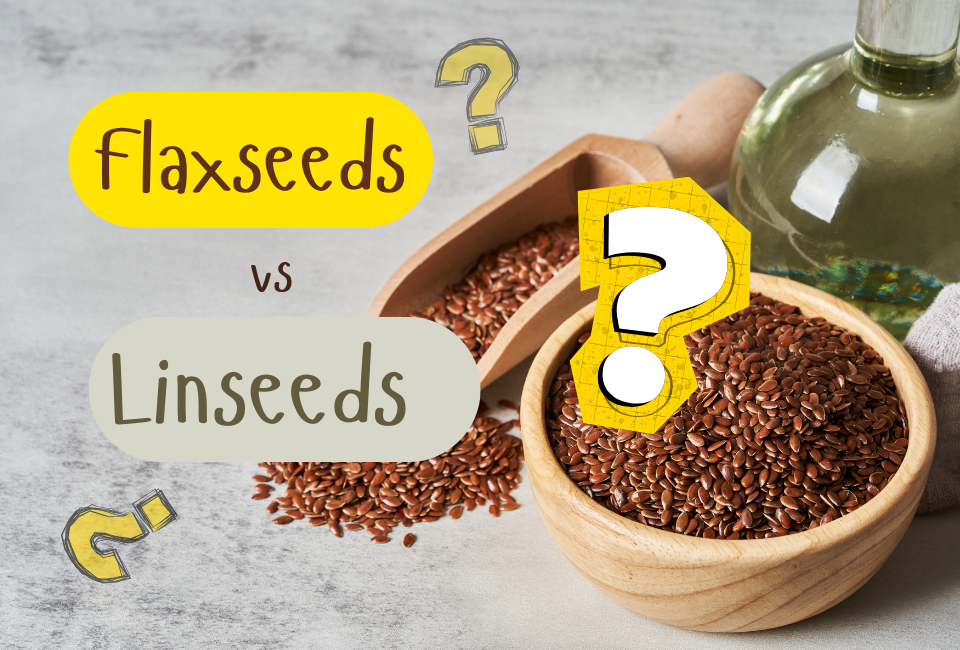
Flaxseeds vs Linseeds: What’s the Difference and Which is Better for Your Baby’s Health?
When it comes to introducing healthy seeds into your baby’s diet, you might have come across the terms flaxseeds vs linseeds. These two names often cause confusion, but they are essentially the same seed with different names used in various parts of the world. In this article, we’ll explore the differences, benefits, and how you can incorporate them into your baby’s meals.
What Are Flaxseeds and Linseeds?
Both flaxseeds and linseeds come from the same plant, Linum usitatissimum, and their nutritional profile is nearly identical. The only real difference is in the name. In many parts of the world, people call them flaxseeds, while in other regions, especially in the UK, the term linseeds is commonly used.
While both names refer to the same small, oval-shaped seeds, they can come in two main varieties: brown and golden flaxseeds/linseeds. The color difference does not impact their nutritional value, but golden flaxseeds may be considered milder in taste.
Nutritional Benefits of Flaxseeds (or Linseeds) for Babies
Now that we’ve cleared up the name confusion, let’s dive into the nutritional benefits of flaxseeds/linseeds. These tiny seeds pack a big punch when it comes to nutrition.
- Rich in Omega-3 Fatty Acids: Flaxseeds are a great source of ALA (alpha-linolenic acid), a type of omega-3 fatty acid that’s crucial for your baby’s brain development.
- High in Fiber: These seeds are high in fiber, promoting good digestion and helping prevent constipation in babies.
- Packed with Antioxidants: Flaxseeds contain lignans, antioxidants that may help reduce inflammation and promote heart health.
- Rich in Protein: The seeds are also a good source of plant-based protein, essential for your baby’s growth.
It’s important to note that you should always grind flaxseeds/linseeds before giving them to your baby. The whole seeds can be hard for babies to digest, but once ground, the nutrients are more easily absorbed.
How to Prepare Flaxseeds for Babies
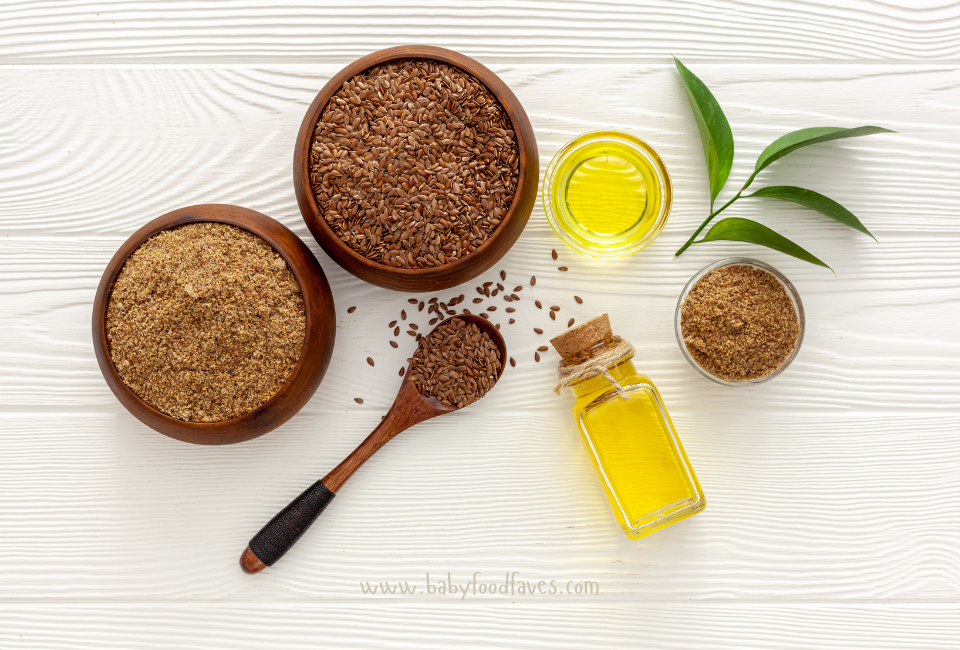
You might be wondering how to incorporate flaxseeds into your baby’s diet. Here are a few simple ideas:
- Grind them: As mentioned, grinding flaxseeds makes them easier to digest. Use a coffee grinder or blender to grind them into a fine powder.
- Mix into purees: Flaxseeds can be added to your baby’s fruit or vegetable purees. Just mix a teaspoon of ground flaxseeds into their favorite purees.
- Add to cereal: Sprinkle ground flaxseeds onto baby cereals or oatmeal for an extra nutritional boost.
- Make flaxseed pudding: You can mix ground flaxseeds with breast milk, formula, or water to create a flaxseed pudding that’s both nutritious and fun for your little one to try!
Flaxseeds can be a great addition to your baby’s puree! They are packed with healthy fats, fiber, and omega-3 fatty acids. Just make sure to grind them up to ensure they are easy for your baby to digest. You can mix them into fruit or vegetable purees, like avocado!
Speaking of avocado purees, I have a great article about 10 avocado puree recipes for babies that might interest you. You can find some creative ways to incorporate both flaxseeds and avocado into your little one’s meals. Remember to always start with small amounts and introduce flaxseeds gradually to your baby’s diet. Enjoy!
Storage Tips for Flaxseeds and Linseeds
To keep flaxseeds fresh and preserve their nutrients, you should store them properly:
- Whole flaxseeds can be stored in a cool, dry place for several months.
- Ground flaxseeds should be stored in the fridge or freezer to prevent them from going rancid quickly. Ground flaxseeds have a much shorter shelf life, so it’s best to grind them in small batches.
Flaxseeds vs Linseeds: Which is Better for Your Baby?
When it comes to choosing between flaxseeds and linseeds, it’s really about preference—both are nutritionally equal. Whether you call them flaxseeds or linseeds, you’re giving your baby a nutrient-dense food that supports their development. Some parents may prefer the golden flaxseeds for their milder taste, but this is purely a matter of personal preference.
As with all new foods, it’s important to introduce flaxseeds gradually and monitor for any allergic reactions. Always consult your pediatrician before adding any new food to your baby’s diet, especially if your baby has a history of allergies.
Final Thoughts
Flaxseeds (or linseeds) are a fantastic addition to your baby’s diet, offering numerous health benefits in a small, easy-to-use package. Whether you call them flaxseeds or linseeds, you’re choosing a highly nutritious food that supports your baby’s growth. From boosting brain development to promoting healthy digestion, flaxseeds are an all-around winner. Try them in your baby’s next meal and let me know what you think!
Feel free to share your experience with flaxseeds or ask any questions in the comments below. I’d love to hear from you and learn how these tiny seeds are helping in your baby’s diet!
Key Takeaways:
- Flaxseeds and linseeds are the same seed, just with different names depending on the region.
- They are rich in omega-3 fatty acids, fiber, protein, and antioxidants, all of which are beneficial for babies.
- Grind flaxseeds for easier digestion and mix them into purees, cereals, or make flaxseed pudding.
- Store them properly to ensure their freshness, especially ground flaxseeds.
Frequently Asked Questions (FAQ)
1. Can I give flaxseeds to my baby every day?
Yes, you can introduce flaxseeds into your baby’s diet on a daily basis, but it’s important to start with small amounts (like 1/4 to 1/2 teaspoon) and gradually increase it. Always ensure that they are ground for easier digestion.
2. Are flaxseeds safe for babies with allergies?
Flaxseeds are generally considered safe, but as with any new food, introduce them one at a time and watch for any signs of allergies. If you’re concerned about allergies, consult your pediatrician.
3. Can flaxseeds help with my baby’s constipation?
Yes, flaxseeds are high in fiber and can help with digestion. However, introduce them slowly into your baby’s diet to avoid any digestive discomfort.
4. Should I choose brown or golden flaxseeds for my baby?
Both brown and golden flaxseeds offer the same nutritional benefits. The choice depends on your preference for taste. Golden flaxseeds are usually milder, while brown flaxseeds may have a stronger flavor.
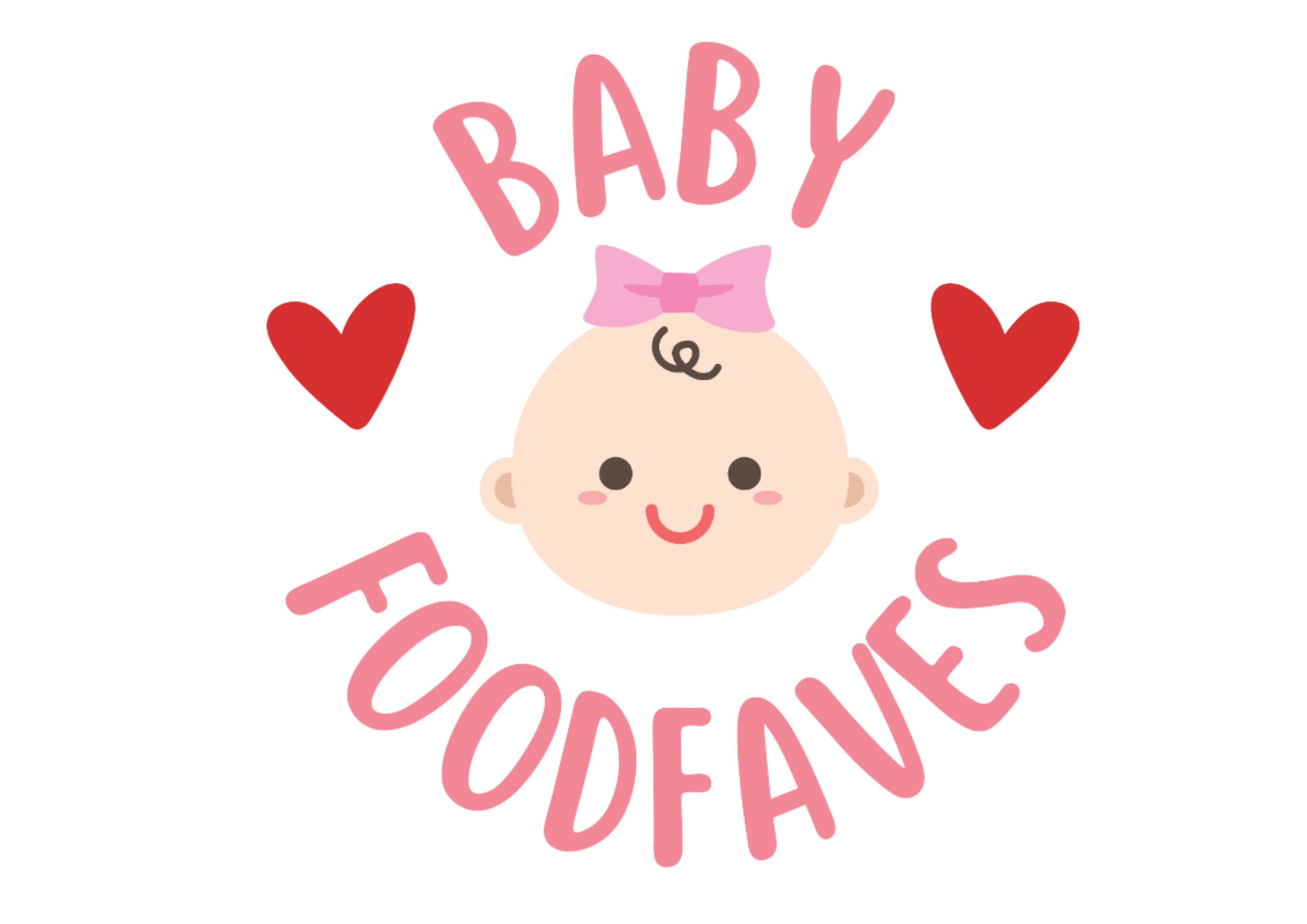

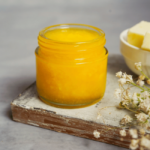
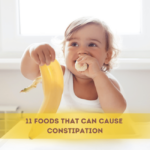


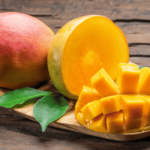

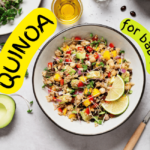
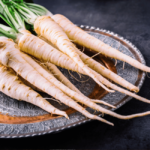

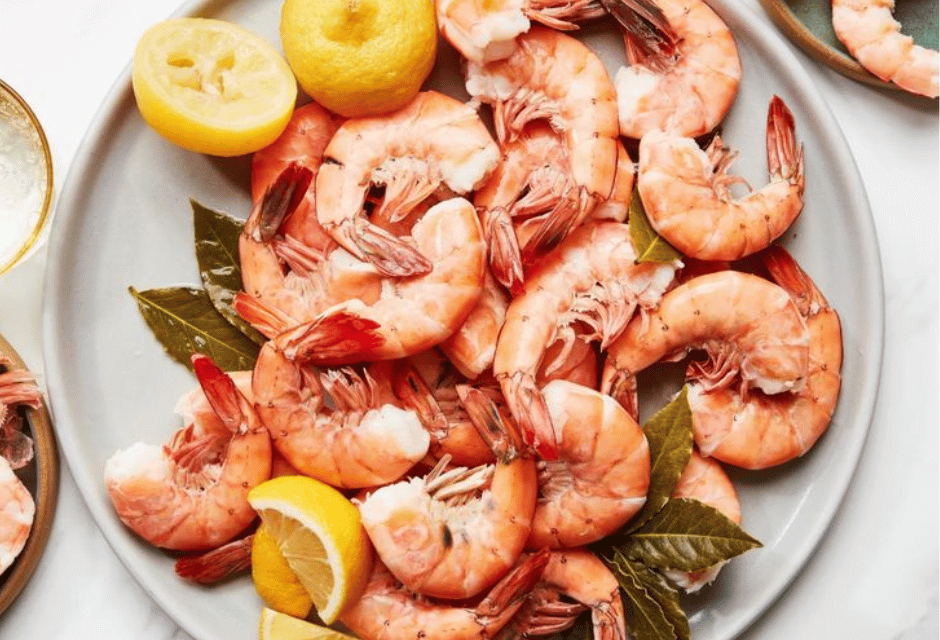
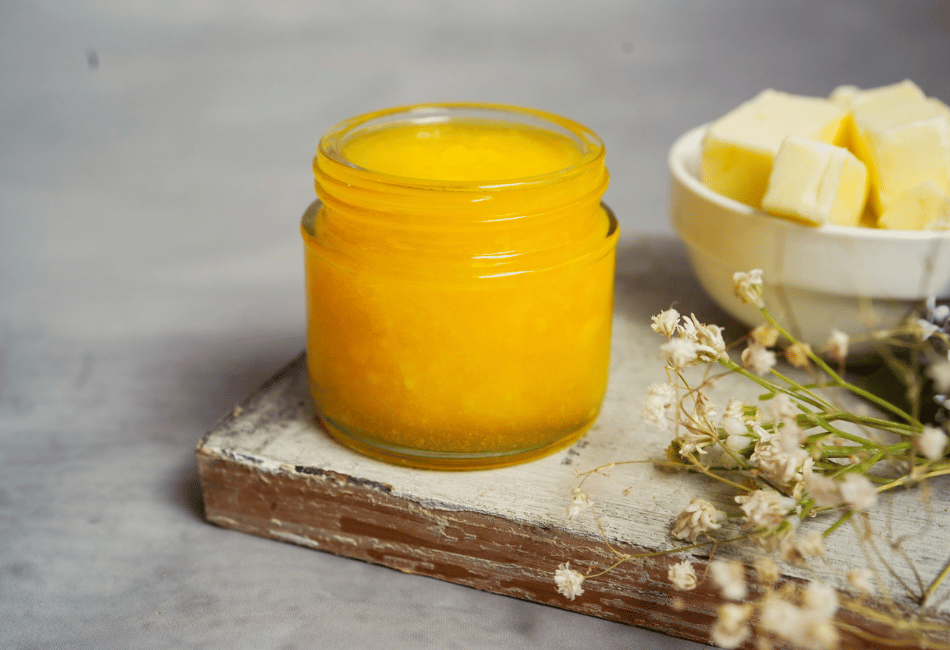
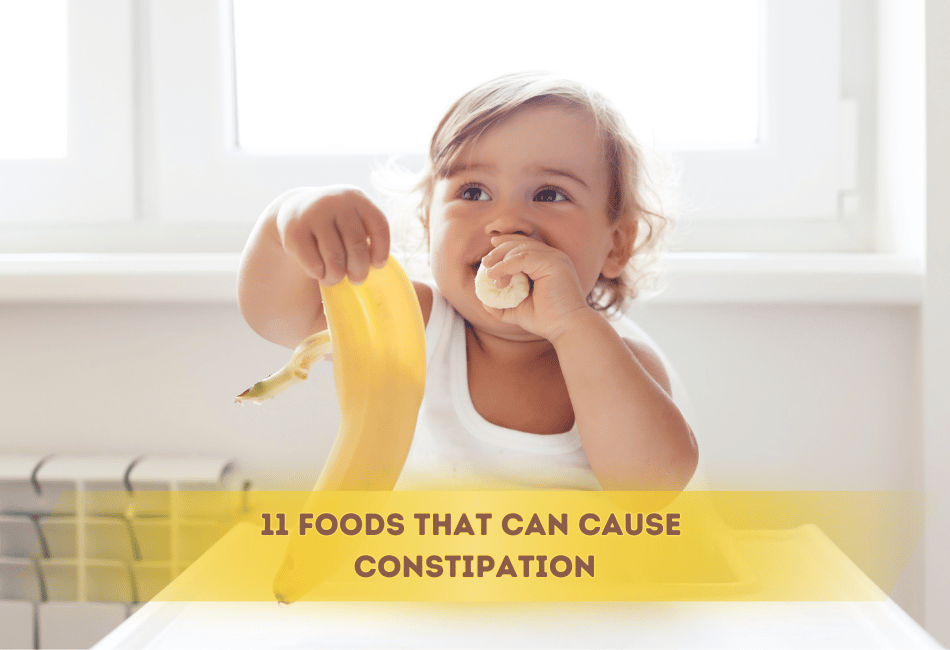

Leave a Reply